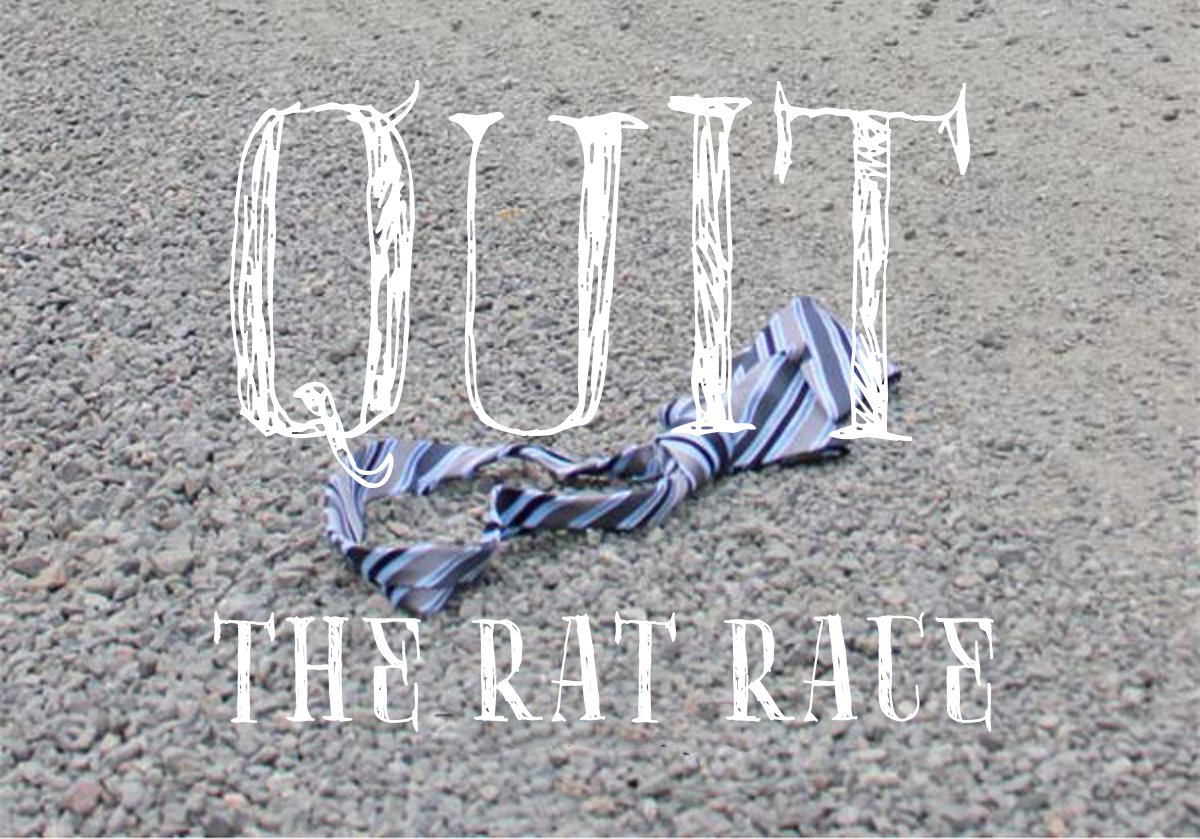But, the thing is… I don’t believe those things.
I don’t believe I’m not intelligent.
I could easily beat myself up over the mistake. It’s just a mistake, though. It isn’t who I am, right? When these little ‘goofs’ happen to you, do you say things like “I’m an idiot” or “That was so stupid! I really screwed up.”?
You know, that’s really OK.
It’s not what you say. It’s what you believe.
Quite often, we let these little slip-ups define us, though. This self talk can degrade into “I can’t” and “I’ll never”. See the difference? When we turn the levity of the situation to a place where we truly beleive we have failed, that’s when we’ve lost site of the actual gravity of the mistake. We over-identify with this little mistake making it a part of some cosmic worldly failure.
Mistakes will be made
Look at the word mistake. It’s quite literally a mis – take. Imagine if every one of your favorite movies just shut down production the first time they had to re-shoot a scene. That would be horrible! What really happens is they tack their “mistakes” to a gag reel at the end of the film… and just do it again.
Let’s stop turning our jovial goof-ups into a belief system – and let’s start creating one big gag reel.


Hmm, I definitely agree that making those silly little mistakes doesn’t mean anything or in any way define us as a person, but at the same time, I think there could be a problem if one’s go-to-response is, “I’m such an idiot,” etc. I’ve tried to take those things out of my vocabulary because I think repetition of self-effacing language like that can add up and affect either one’s self-image or the way others perceive you, and that can really put you in a box that it’s hard to break out of.
There’s a great section on this in the book “The Usual Error” where one of the authors talks about having always referred to herself as not observant and how deciding not to say that about herself anymore completely changes how she shows up in the world.
It’s the same idea that microagressions matter… that even small acts of shame/stigma/oppression repeated regularly over time can add up to drastically impact our confidence and our view of the world.
I think we deserve to treat ourselves better.
That’s a great practice, Sarah! Removing the “insults” entirely is a sure way to not let the words embed into your self-view. Anything small and repeated develops into a habit, both good and bad, so I can see where these “small” acts can make drastic impact.
And, yes, treat ourselves better. We’re awesome.
-Stu
I love the idea of the gag reel! Love.
Me too! Of course, I’ve been working on my for some time. 😀
I love your analogy to movie production – I’d never thought of that before, and the gag reel idea is an awesome visual for being able to laugh at ourselves instead of beating ourself up over mistakes.
However, in ways similar to Sarah, I respectfully disagree with the initial premise. Words are extremely powerful. I’m currently reading “The Dance of the Ten Thousand Kings,” and just got to the chapter entitled “Ways of Speaking”. The intro to the chapter states “How we speak about the world shapes both our internal states (Ways of Being) and our actions (Ways of Doing).”
It may not be what you say but what you believe, but – I think that what you *say* radically influences what you *believe*. They’re not separate concepts.
You told me this just the other night, when I told you I couldn’t do something. Your answer was to tell me that step 1 was to stop saying I couldn’t do it – right? 🙂
I know! Who doesn’t love those little spots at the end of the movie?
One of the beautiful, and often forgotten, things about life is that we can disagree and still both be heading up the proverbial mountain. In the same way that I don’t believe “How we speak about the world shapes both our internal states and our actions” holds any real truth, others can believe that words really do have all that power whether we give it to them, or not. Yet, still, we all continue up the mountain.
-Stu